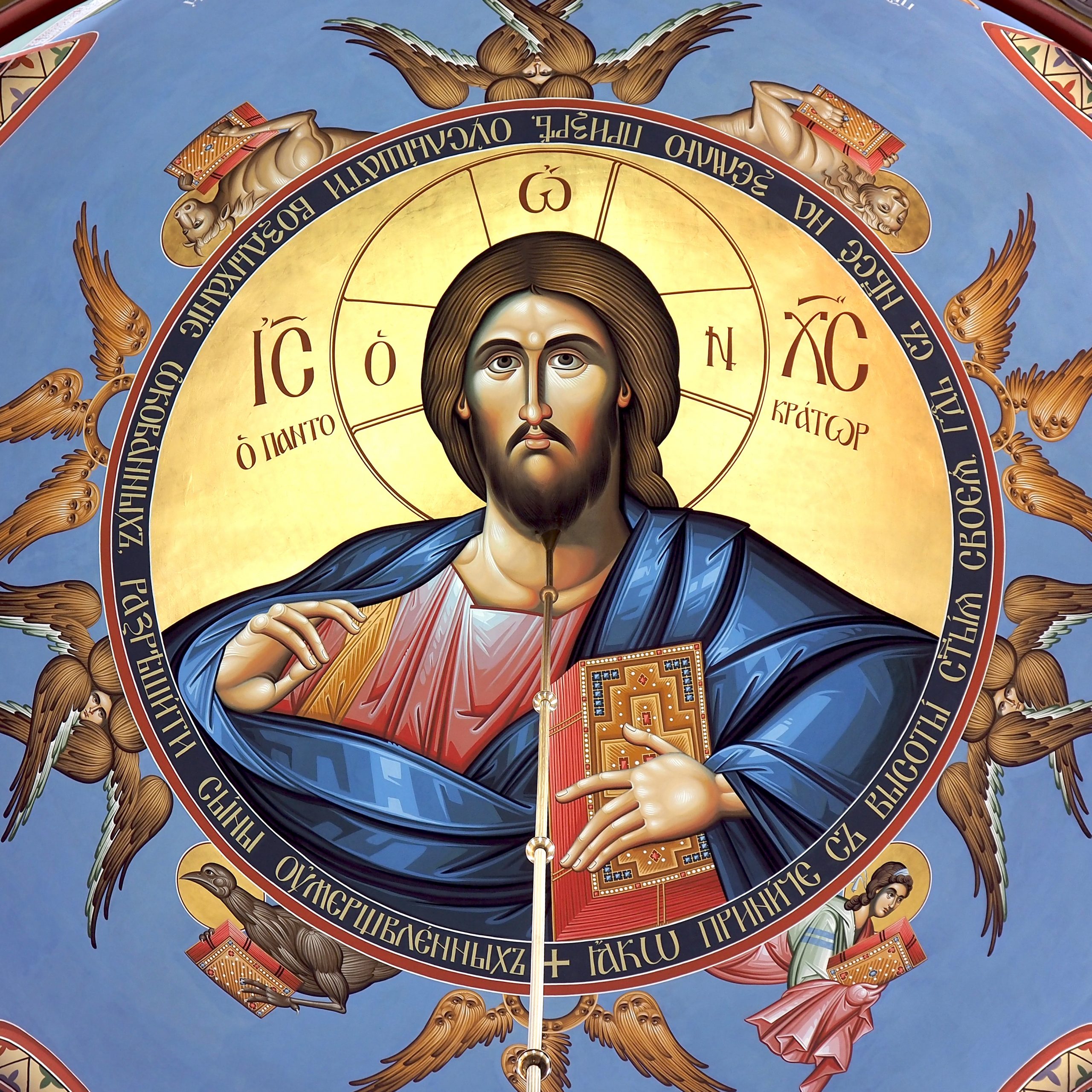He also who had received the one talent came forward, saying, ‘Master, I knew you to be a hard man, reaping where you did not sow, and gathering where you did not winnow; so I was afraid, and I went and hid your talent in the ground. Here you have what is yours.’ But his master answered him, ‘You wicked and slothful servant! You knew that I reap where I have not sowed, and gather where I have not winnowed? Then you ought to have invested my money with the bankers, and at my coming I should have received what was my own with interest. So take the talent from him, and give it to him who has the ten talents. For to everyone who has will more be given, and he will have abundance; but from him who has not, even what he has will be taken away.
Matthew 25: 24-29
Years ago at summer camp, we did a session on this parable. Each cabin group that participated had approximately 18 campers. For an icebreaker, we gave each cabin a fifty-piece puzzle to do. We gave each camper a random number of pieces—some got five, some got three, some got two, and one camper got one piece. No one really knew who had received how many pieces. We quietly asked the camper with the one piece to sit quietly by and to put his piece in last.
The campers then got to work on the puzzle. Those who had more pieces thought they had more power, more say in how the puzzle was going to come out. However, they quickly realized that no one had more than ten percent of the puzzle to contribute. It then became more of a collaborative effort, which was good to see. The camper who had the one piece sat off to the side, mostly unnoticed by his cabin mates. Perhaps they assumed he’s already put in his pieces. Perhaps they just lost track of him in their enthusiasm for getting the project done. And perhaps they just forgot about him because he was quiet and they were not.
Eventually, the campers had forty-nine of the fifty pieces of the puzzle. Before they could become excited for what they had accomplished—ninety-eight percent of the puzzle was done—they quickly became concerned about the missing piece. They wondered if it was lost. They worried they wouldn’t finish the puzzle. They were frustrated because this one piece was the most beautiful piece in the puzzle—they could even tell that before the piece was put in.
We asked the person who had the missing piece to put it in. It was the most beautiful piece of the puzzle. It made the puzzle complete. Without it, there would have been a gaping hole in the middle of the puzzle. Everyone cheered on the camper as he put that final piece in, and the cabin rejoiced together, every camper equally it seemed, that the task had been accomplished. We then had a discussion about the experience.
The camper who had the one puzzle piece said that he felt alone and isolated during most of the icebreaker. He wasn’t included in the conversation or the planning. In the end, he held the piece that made the whole thing come together. No, he didn’t have five pieces, no he wasn’t loud, no he wasn’t included. But without him, the puzzle could not be complete.
In God’s plan of salvation, everyone has at least one piece of the puzzle to put in. It may be large or small, it may be a corner or an edge or a middle piece. It may be colorful and it may be plain. However, no one did not receive at least one piece of the puzzle to contribute.
We cannot fixate on what we don’t have. We can’t let jealousy and envy about what we don’t have impact how we use what we do have. Of the three servants in the Parable of the Talents, there was no one who received nothing. Everyone received something. And in our icebreaker of the puzzle pieces, there was no one who received nothing. Everyone needs to contribute what they have for the good of the puzzle. Everyone who contributes and everything that is contributed is important, because without all the pieces, even the seemingly plain ones, the puzzle would be incomplete. And everyone needs to contribute, because everyone has something to contribute. We need to celebrate and encourage everyone because we need all to do their share so that the puzzle is complete.
In the Gospel Parable, the man who had received the one talent did nothing with it. He claimed to have been afraid of the master. Maybe he lacked confidence, maybe he didn’t think the master had much faith in him because he only entrusted him one talent. Maybe he was angry that he had only received one talent. The lesson of that man is that fear is not an excuse, nor is anger, jealousy, or laziness. There is no excuse to not use the talents God has entrusted us with.
This parable is especially meaningful in my own life. For many years of my childhood, I felt a call to the priesthood. At first, it was a very pleasant thought. I dreamed of wearing vestments and doing services. I was an altar boy, I went to many services, I got to wear altar boy vestments. The priesthood, for a young child, was like the dream job. As I got older and considered the ramifications of becoming a priest, it started to seem like a nightmare. There was a lot more to being a priest than just going to church on Sundays. Taking a bit part serving in the altar was a far cry from leading a congregation. And the worst part of the whole thing would be the separation from family, first going to the Seminary in Boston, and then being sent wherever the church needed a priest to serve. I began making up a list of reasons to not be a priest, to not answer a call that I knew I had. I realized which piece of the puzzle I was holding, and spent a long time wishing I was holding something else.
I had never read the Bible all the way through until I was in college. When I stumbled on the Parable of the Talents, it actually frightened me. I read it over and over and over again. I started reading it daily. I realized that I had a call, a talent entrusted to me, to be a Greek Orthodox priest. What would happen if I didn’t follow it? Certainly the master would be angry and disappointed. If the ticket to salvation is in part how we’ve used our talent, not answering the call could cost me my salvation. And for what? Being afraid of the cold winters in Boston, being afraid of where I might get sent to serve. This parable was definitely the passage of Scripture that helped me answer my call, to use my talent to serve as a priest.
What is your talent? What is the piece of the puzzle that you hold? Are you eager to put it into the puzzle of society? Hesitant? Afraid? Angry that it isn’t another piece? Think your piece isn’t important?
God gave everyone at least one talent. Each person holds at least one piece to the puzzle. Fear is not an excuse not to put it in. We should have an incentive to honor and encourage all people, because each person has at least one piece to contribute to the puzzle. It might seem like an inconsequential piece, like the guy who delivers the food to the market. But remove that guy who gets us our food and we would all die. Some quiet and shy person sitting in the corner of the lunchroom with no one to talk to might be the one who will eventually cure cancer. But if they are too lonely, they might withdraw and not do much, thinking they have nothing to offer. This is what it is vitally important to encourage and include everyone, because we don’t know which pieces each of us is holding.
One more comment on puzzles. The puzzle of our society and puzzle of our salvation are so big that we can’t possibly see all of it. I gave the example one time of a puzzle covering the grounds of our church. Some of the puzzle would be in the church sanctuary, some in the hall, some on the back field. If one is in the church, he or she cannot see the backfield. Just like in our world, we do not see all facets of everyone’s life. I’m not familiar with water treatment plants, as an example, but they are very important in my life. Without clean water, I’d die in a few days. The guy who works at the water treatment plant doesn’t see the cancer surgeon, who does not see the priest, who does not see the scientist, who does not see the teacher, and so on. Each of us needs to place his piece(s) in the puzzle of humanity in order to make the big picture, which God sees, complete. So instead of wondering why we received one piece and not another, why we have one piece and not five, and why we can only see the puzzle in the church but not on the backfield, let us do our best with the piece(s) we’ve received, trusting that God will reward us for what we have done and what we see.
Lord, thank You for the talents You’ve entrusted me. (List them) Help me to be a good steward of my talents, using them to Your glory and using them to help my fellow man. Help me not to be afraid to use what I’ve been given. Help me to be content with what I have rather than wishing for talents I do not have. Even though I can’t see the whole picture of Your plan for salvation, give me the strength to do my part to contribute to the good of all people. May I honor You this day and always with what You’ve given me.
Use your talent, whatever it is, to the best of your ability. When we all do this, the puzzle of salvation will be complete!




